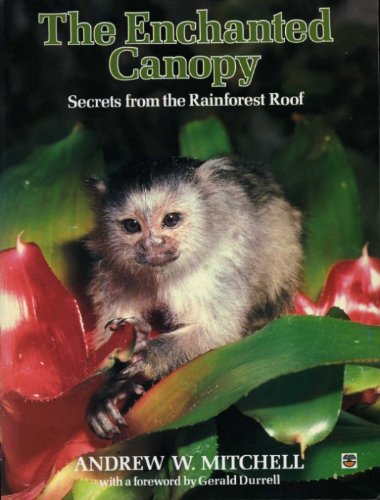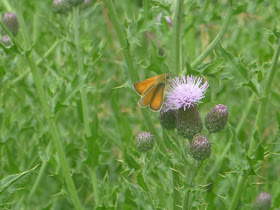
The fact that this review is written in the style of the novel, more or less, the novel being almost 1000 pages long with no full stops except in the interludes, the fact that nonetheless, it is very readable, engrossing, even in parts, very funny, the fact that the narrator spends much of the novel in her kitchen making pies, cherry pies, apple pies, but never lemon meringue pies, while worrying about climate change, gun control, the mountain lion travelling around the area, her family, particularly her rebellious eco-activist daughter Stacy, but perhaps Stacy is less of a problem than the narrator thinks, perhaps she, Stacy, not the narrator, will in fact prove to be a heroine, heroin, illegal drugs, school shootings, the strange guy who delivers the chicken feed, who perhaps people should pay more attention to, perhaps they should be worried about him, more than about the mountain lion, lioness, the fact that the interludes in the novel, which unlike the rest of the book, do have full stops, are about the mountain lioness and her travels, looking for her cubs, the fact that nothing much happens in this novel, the fact that this, combined with the very length, almost 1000 pages, might put some people off reading this stream of conscious novel, the fact that many people dismiss this as a prank book, fake experimental literature, fake news, Trumpism, stream of consciousness, the fact that no-one really thinks in this style, the fact that maybe some people do think like this, the fact that at least give it a try and start off reading it, and maybe, perhaps, you might enjoy it
Ducks, Newburyport by Lucy Ellman published (2019) by Galley Beggar Press.













































